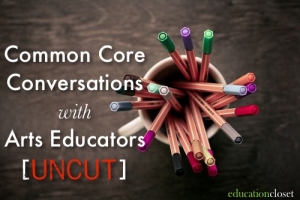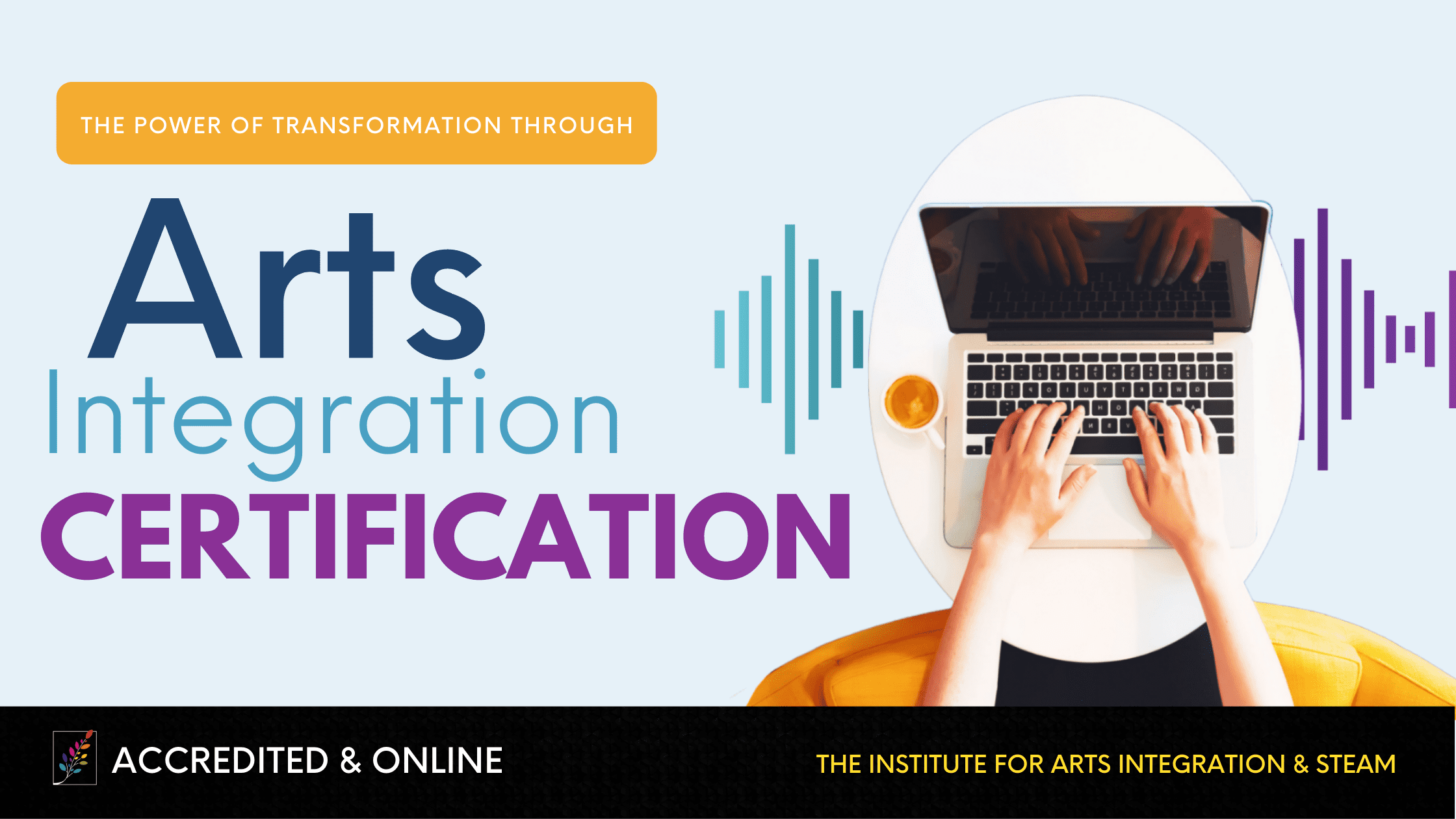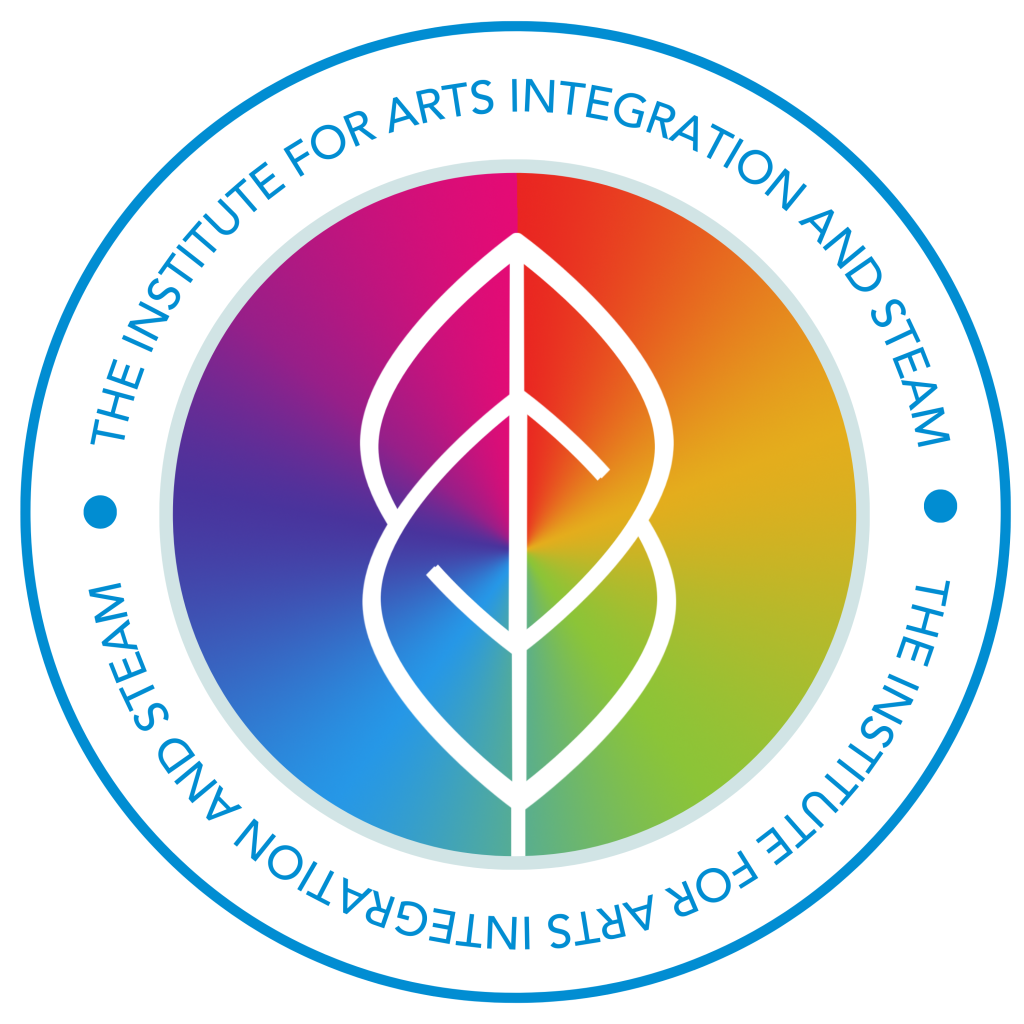Typhani Harris | March 2014
Is it Really that Common? The unedited conversation on Common Core: Part I

So, I spent the last month soliciting comments at meetings, district gatherings, and professional conferences. I simply asked teachers to provide their immediate reaction to the phrase Common Core. I received so many comments that I will have to make this a two-part article, as I want to address each of the comments I received with as much information as possible.
The following is Part I of the Unedited Conversation of Common Core! Please feel free to join in on the conversation!
Let the Conversation Commence!
Common Core doesn’t seem like just another system that will phase out in 6-10 years. I secretly like the idea of teaching in the common core style, but I don’t understand all the language and academic vocabulary. I wish someone in our district would explain, in simple terms, what the technical subjects should do. Help us realize that we are support, not that we have to change and do exactly the same as English and Math.
This is absolutely correct. Common Core is really a philosophy of good teaching. The actual standards are requesting depth not just breadth. Contrary to many concerns, Common Core is not telling us what to teach, but it is providing expectations for our students. How we choose to address these expectations or achieve the outcomes is entirely up to us, the teachers! This is wonderful because I feel it really brings the creativity back into teaching! While the academic vocabulary might feel a little obscure, the foundation is elementary. If you remove the vocabulary, you will see the basic expectations, which is what we need to be concerned with.
As a technical subject, we can support the Common Core by providing opportunities for reading and writing throughout our curriculum, as well as venture into deep discourse with our students regarding the topics we are teaching in class. This simple addition will not only support the Common Core, but it will also support our students’ ability to fully engage themselves in our specific disciplines and further their understanding within our classrooms.
Common Core is easy, just do a little math, history, and some reading. What’s everyone so scared about? If you can’t do Common Core, retire and let someone who can.
I love the beginning of this comment; Common Core is easy! However, it is a little more than just doing some math, history, and reading, but that is certainly a good place to start. I think the scary part is this current transition we are in. It is a little intimidating to have to rework everything we have done for the past few decades, but once we get a good grasp of this transition, the change will be easy.
My administration/district does not know or understand how Common Core will work for me in PE. Although, I know how to make it work for me, I feel the administration needs more training.
I agree we all need more training. The difficult part of this task is that Common Core and the assessments are evolving continuously, and the expectations, outcomes, and process will keep unfolding as we practice. If you have a good grasp of the facts at hand, offer to help administration through professional development for your colleagues. Propose a workshop or assist in department meetings. We are all in this together, so we might as well help each other out!
Common Core is nothing new. It is plainly called good teaching.
Common Core is good teaching. I like to think of it as a philosophy of concepts rather than a list of things to learn, memorize, and regurgitate. However, this is a new perspective on teaching and learning. Our state standards, in the past, tend to list tangible things to know, whereas Common Core outlines philosophic concepts to understand. Additionally, if you look at the Common Core standards that precede your specific level you will see a very nice progression of these concepts, which really focuses on building upon prior knowledge.
My school district doesn’t include my subject (PE) at Common Core workshops, so I feel lost.
Yes, the focus right now is English and Math, as these will be the first to be tested. But that doesn’t mean we sit back and watch. We can certainly take an active role in Common Core. Content Literacy is important for every subject! Use the workshops as a foundation to assist in content literacy for Physical Education. No matter what subject we teach, it is a foreign language to our students, so using English/Language Arts strategies for student comprehension in our specific content areas can be very effective.
Higher level of learning
It is going to take a little time.
It is a higher level of learning and a higher level of teaching. Common Core is really pushing teachers and students to the next level, beyond comprehension. To use the lens of Blooms’ Taxonomy, we are really trying to reach the pinnacle levels, such as application, synthesis, and creation.
However, as we move into this new way of teaching the Depth of Knowledge scale has made an appearance and is more aligned with the expectations. Webb’s (2005) Depth of Knowledge (DOK) framework really lends itself to the Common Core objectives, and in my opinion trumps Bloom’s Taxonomy, not that Blooms’ didn’t have a very pertinent place in learning, but I believe the DOK makes the learning more tangible and concrete by offering application through actual products rather than merely presenting applicable verbs. Perkins (2008) offered a nice side-by-side comparison of the two!! See her work at: http://www.paffa.state.pa.us/PAAE/Curriculum%20Files/7.%20DOK%20Compared%20with%20Blooms%20Taxonomy.pdf
You can also download the DOK wheel at: http://static.pdesas.org/content/documents/M1-Slide_19_DOK_Wheel_Slide.pdf
Overall, the ability to rationalize, justify, apply, and synthesize is a new way of attacking education. It is definitely going to take a little time…or perhaps, a lot of time…
I am intimidated by it.
Don’t be intimidated…it’s just good teaching! It is a philosophy. It removes the superficial expectations and brings back the creativity of education. Although it may look a little scary at first, it really just promotes good teaching, cognizant learning, and full preparation for the future. Any opportunity you get to place your students in a realm of real life will inevitably support Common Core. Be creative and have fun turning lessons in to real life challenges!
I believe Common Core is progressive and positive, but it will take an adjustment period.
It is very progressive and very positive! That is a great way to look at it. As with any change, it will take an adjustment period. It’s not going anywhere, so we need to embrace it and roll with it.
It is very confusing
Yes, at first it is a little confusing. But don’t worry, you are not alone! Just like we tell our students, it simply takes practice. We are very lucky to be in a transitional year, and we are being given the opportunity to practice before we are judged (so to speak). Beltran (2014) declared that the state Board of Education “temporarily suspended its school performance measurement tool known as the API.” Our current “field testing” will be “used by the Smarter Balanced group to further refine the assessments and to set benchmarks for student achievement in preparation for the 2015 official spring testing launch.” Read the full article at: https://cabinetreport.com/politics-education/state-decides-no-api-for-schools-until-2016 This is good news, as it allows us to practice, commit trial and error, and perfect our teaching to prepare our students for their futures.
Stay tuned for the conclusion of Is it really that Common? The unedited conversation on Common Core next week!



